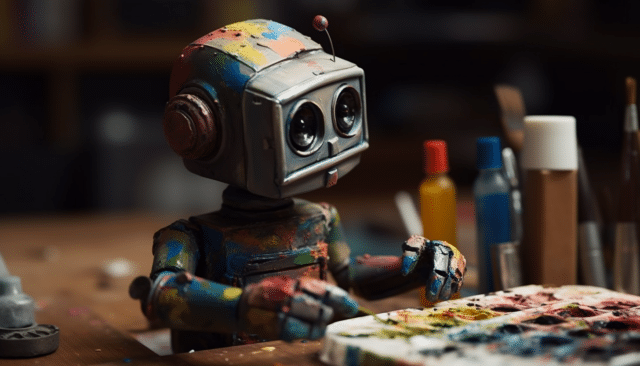The future of intellectual property

Over recent years, various emerging technologies have presented complex issues for intellectual property (IP) laws. The pace at which these technologies are advancing is only accelerating, and it seems fated that many recent innovations are on the verge of significantly impacting our lives.
The ramifications for IP could be substantial, and already, discussions are taking place regarding how novel technologies will influence the IP landscape. In some instances, the emergence of new media necessitates a response from IP laws to ascertain which existing rules remain relevant and ensure that current assets continue to receive effective protection. In other cases, the evolving ways assets are utilized demonstrate that some IP regulations are no longer appropriate, indicating a need for reform.
This article explores key topics in intellectual property discourse in the coming years. We will examine the present situation and the applicable IP regulations and forecast how these may evolve in the near future.
Artificial Intelligence
The increasing prominence of artificial intelligence (AI) in virtually every industry has brought forth numerous IP issues, and the rapid evolution of these technologies necessitates equally agile regulatory responses. In some instances, changes have already been implemented. For instance, the UK recently amended its copyright laws, introducing an exception for text and data mining in the context of copyright protection. This permits AI developers to utilize copyright-protected materials, such as databases, written works, and other assets, for machine learning purposes.
New AI systems are designed to identify patterns using vast amounts of data, and by eliminating constraints on accessible information, the goal is to expedite the development process.
However, generative AI products like ChatGPT or DALL-E give rise to concerns. These systems can create text and images, respectively, in response to user prompts, drawing from an extensive array of existing materials to achieve this. The challenge from an intellectual property standpoint is that these software applications generate content largely autonomously, making the identification of the author -- and thus, the copyright holder -- sometimes difficult.
The World Intellectual Property Organization (WIPO) conducted a consultation in 2019 addressing the IP issues surrounding AI, and the conversation concerning legal matters related to AI-generated content continues. As it stands, WIPO maintains that the copyright holder in these cases should be the human controlling the AI system. This implies that, in most situations, the user who inputs a prompt is deemed to own the copyright of the resulting output; however, additional complications may influence this designation.
When these systems are trained on copyright-protected material, the content they produce is derived from this source material. Debates regarding whether this constitutes plagiarism or copyright infringement persist, but conclusions must be reached swiftly. As these tools become more prevalent, it is crucial for WIPO and other IP authorities to provide guidance to safeguard copyright integrity. When AI-generated content primarily reproduces existing material, where does the true copyright ownership lie?
It is improbable that this issue will be fully resolved in the near future, and given that these systems will further improve their content generation capabilities, it is likely that this subject will remain at the forefront of IP discussions for the foreseeable future. The law must keep pace with AI advancements and strike a balance between protecting artists' authorship rights and fostering innovation.
Sustainability
Broadly speaking, the future of intellectual property will be linked to present concerns and the pursuit of inventive solutions. For instance, patents will be an essential legal instrument to promote innovation in sustainability, the urgency of which grows with each passing year. Technological solutions are key to addressing our environmental challenges, and patents can serve as incentives for investment. They can also help to formalize ideas and transform them into assets, thereby making a compelling business case that supports our need for progress.
Conversely, recent debates have emerged regarding the nature of intellectual property rights as they relate to COVID-19 vaccines. Does the urgency of finding a solution to a global crisis supersede the intellectual property rights of the technology's creator? If so, what might this imply for eco-friendly and sustainable technologies, as they tackle an equally pressing global challenge? We anticipate considerable debate around this subject in the coming years and likely some degree of reform in the way patents and other IP protections are currently administered.
Although this issue may not demand the same immediacy as AI, it is crucial for stakeholders to participate in this conversation. Establishing a framework for IP in relation to sustainability could present an opportunity to foster collaboration and promote innovation without restricting access to essential resources.
Philip Partington is Partner in Intellectual Property at JMW Solicitors.